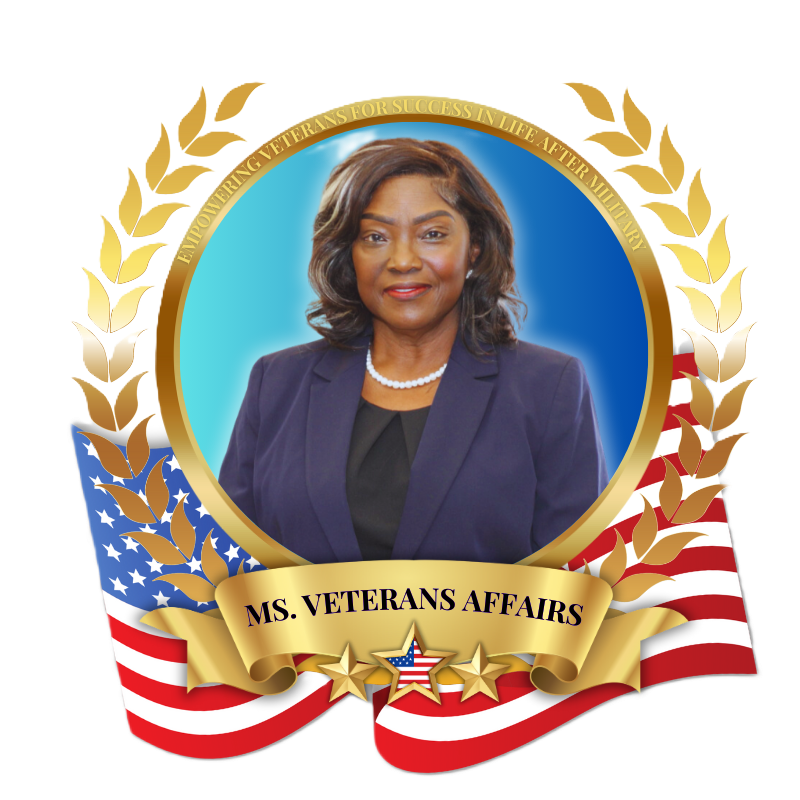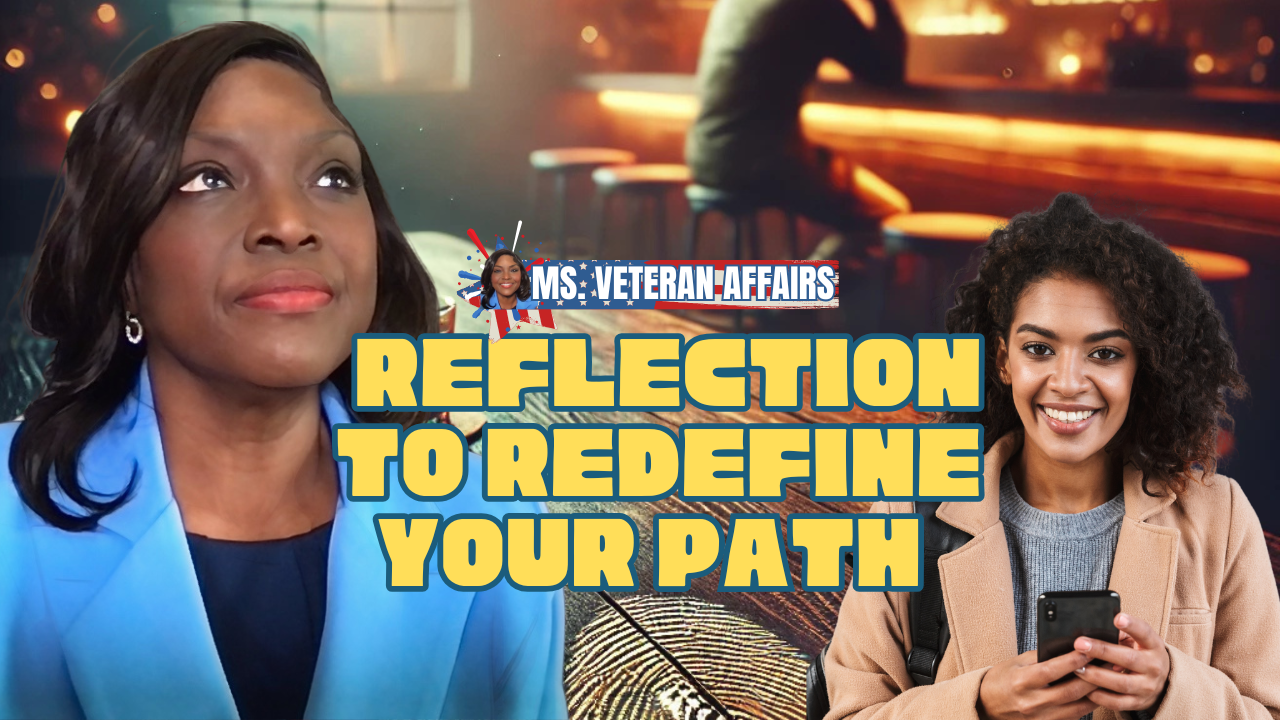Remote Job Opportunities for Veterans – A Guide to Transitioning to Civilian Work
Aug 20, 2025
 Ms. Veteran Affairs’ Guide to Remote Job Opportunities for Veterans
Ms. Veteran Affairs’ Guide to Remote Job Opportunities for Veterans
Jelli sat at her small kitchen table, staring at the folded piece of paper in front of her. It was a letter she had written three months ago, but never sent. The words seemed so simple—so necessary—yet they had never reached their destination. It wasn’t that she hadn’t wanted to send it; she simply didn’t know how. The letter was to her former military comrade, Chris, who was now navigating the daunting world of civilian life. He had reached out to her, asking for advice on finding a job after his service, but she couldn’t bring herself to reply.
As she traced the edges of the paper with her fingers, memories flooded her mind. It had been a night, like any other, when she first met Chris. But that night would change everything.
The Unexpected Encounter
It was the night of the Veterans’ Outreach Gala, an event that was supposed to be a relaxing gathering, bringing together veterans and their families. Jelli wasn’t there by choice. She had been volunteering, hoping to do something useful with her time while balancing her own post-military life. As she made her way through the crowded hall, she noticed a man standing at the back, seemingly lost in thought. His name tag read Chris—no last name.
Curious, she approached him. “First time at the gala?” she asked, offering a friendly smile.
Chris looked up, startled at first, but then softened. “Yeah. I’m not much for crowds.” His voice was calm, almost too calm, as if he was trying to mask something deeper.
Jelli nodded in understanding. “I get that. It’s hard to know where to fit in after all that noise and structure. But trust me, it’s the quiet moments that count.”
They started talking, and before long, Jelli realized that this wasn’t just an ordinary conversation. Chris spoke of his struggles adjusting to civilian life, how everything felt uncertain—his job prospects, his place in the world, and his future. He was searching for meaning but wasn’t sure where to find it.
Jelli, whose husband had gone through a similar struggle, knew exactly what he was feeling. But something about Chris’s story felt different. It wasn’t just about the transition. There was an underlying tension in his words that she couldn’t ignore. It was as though he was carrying a weight he didn’t know how to put down.
As the evening went on, Jelli promised to help him. She had walked the path he was on, and she knew what was at stake. But Chris’s pride—much like her own—made him hesitant to fully open up. And so, they parted that night, not knowing that it would be months before they spoke again.
The Silent Struggle
Weeks passed without word. Then one day, Jelli received a message from Chris. He needed advice. He was struggling to find remote job opportunities that would fit his skills, and his previous attempts felt like failed attempts at reinvention.
Jelli had been where Chris was. Her own transition had been difficult—finding her footing, realizing that the skills she had honed in the military could actually be applied to something else. But for veterans like Chris, making that leap wasn’t always straightforward. Jelli knew the struggle of feeling like an outsider in a world that expected you to fit a mold you didn’t know how to fill.
Quick Checklist for Navigating the Remote Job Search:
- Identify Transferable Skills: Think about the leadership, problem-solving, and technical skills gained in the military. Write them down and look for roles that match these skills.
- Build an Updated Resume: Tailor your military experience to civilian terms. Focus on results and outcomes.
- Research Remote-Friendly Industries: Explore tech, customer service, consulting, and project management—industries with high demand for remote workers.
- Use Veteran-Specific Job Boards: Look at websites like Hire Heroes USA or Veteran Employment Network that specialize in helping veterans find civilian jobs.
- Network: Reach out to former colleagues and veteran groups for job leads or advice.
So, she sat down and began writing the letter. She knew how to guide him, how to show him the path forward, but each time she began to write, the words seemed to get lost. She understood his frustration, his pride, and his need to stand on his own two feet. She also understood that sometimes, the help you need most is the hardest to ask for.
The letter stayed in her drawer. Unsent. Unfinished.
The Breakthrough Moment
One night, she was at the local veteran’s resource center, volunteering her time again. As she sorted through materials for a new workshop, she felt a tap on her shoulder. Turning around, she was face-to-face with Chris, but this time he wasn’t hiding behind a mask of calm. His eyes were tired, his shoulders heavy with the weight of unspoken frustration.
“I got the job,” he said, almost in disbelief.
Jelli felt her heart skip a beat. “You did?”
Chris nodded, his grin barely holding back the emotions. “Yeah, I found a remote position working with an organization that helps veterans like us. It’s exactly what I needed.”
Jelli smiled, feeling a surge of pride for him. “That’s amazing, Chris. I’m so proud of you.”
“But…” He hesitated. “I wouldn’t have found it if you hadn’t told me about those job search sites and the veteran networks. I still didn’t believe it at first, but now I do. I needed that push.”
Reminder for Job Seekers: If you're struggling, remember: Finding the right job takes time. Celebrate the small victories along the way, and know that every step counts. Use the resources available to you and trust that your path will unfold.
Jelli realized that, despite everything, Chris had done it on his own. He had found his path, with just a little guidance, and now he was taking charge of his future. It wasn’t about the letter. It was about him having the courage to ask for help and finally seeing the possibilities.
The Lesson: Turning a New Page
Later that evening, Jelli went home and finally opened the drawer where she had kept that letter. She unfolded it, read the words, and realized that maybe she didn’t need to send it after all. The advice she had written down was important, but what mattered more was how Chris had found his way.
Jelli knew that her own journey was ongoing. Helping veterans like Chris was part of her mission now—helping them see that there was always a way forward, even when the path seemed unclear. Remote jobs, flexible schedules, and opportunities in tech, customer service, or consulting were all available to veterans; they just had to be brave enough to reach for them.
Jelli’s phone buzzed. It was a message from Chris: "Hey, I just wanted to thank you again. I couldn’t have done this without you. Let’s keep pushing, yeah?"
She smiled, typing back: "You got this, Chris. I’m just glad you found your place. We all have our own way forward. Keep going."
And just like that, she closed the chapter on the letter never sent, knowing that sometimes, words don’t need to be written to make a difference—they just need to be lived.
Discussion Questions:
- What are some of the biggest challenges that veterans face when transitioning to civilian life, and how can we support them through this process?
- How did Jelli’s experience resonate with you, and what could have made her guidance more effective for Chris?
- What role does pride play in the veteran’s journey, and how can it impact their decision to seek help?
- What does it mean to "find your place" after military service, and how can remote job opportunities contribute to this sense of purpose?
- How can organizations and communities create stronger networks to help veterans like Chris successfully transition to civilian careers?
Join our community today!
Gain fresh insights every week—concise, impactful lessons designed to elevate your thinking, enhance self-awareness, and empower purposeful growth.
We hate SPAM. We will never sell your information, for any reason.












